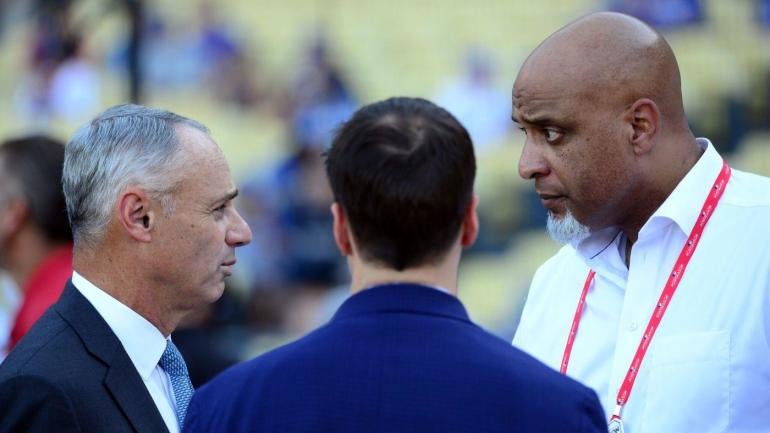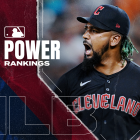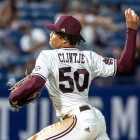
The MLB Players Association has officially filed a grievance against Major League Baseball, claiming the league did not act in good faith and schedule as many games as possible amid the COVID-19 pandemic last season, reports Joel Sherman of the New York Post. The union is seeking $500 million in damages and MLB has filed a counter-grievance.
The question was not so much if the MLBPA would file a grievance, but when and how much in damages the players union would seek. Here are more details from Sherman:
MLB has asked the union to fast-track this grievance, according to multiple sources. The current collective bargaining agreement expires on Dec. 1. The sources said they believed MLB and the union could negotiate non-economic issues, but that MLB would almost certainly factor in the potential of losing half a billion dollars in a grievance into any financial offers. Thus, a resolution may be necessary to best facilitate negotiations.
...
So there is time for a grievance to be determined and to still negotiate a new deal – if indeed both sides agree to fast track the process. But there is a ticking clock and the threat that if no agreement is reached by Dec. 1 that MLB could issue a lockout, which would freeze all offseason business, notably free agent signings.
During return-to-play negotiations last year, the MLBPA proposed playing as many as 114 games and extending the season into October, which MLB rejected. At one point commissioner Rob Manfred said MLB was set on a 60-game season "no matter how negotiations with the players went," hence the grievance.
Manfred unilaterally imposed a 60-game season at prorated pay last June, as was his right under MLB's and MLBPA's March agreement. The union claimed MLB made several bad-faith proposals in order to drag negotiations out long enough until Manfred could impose a 60-game season, which was seen as financially favorable to owners.
The $500 million in damages indicates the MLBPA is seeking about 25 additional games worth of salary for players. The grievance is also a bargaining chip heading into collective bargaining talks. The union could agree to drop the grievance in exchange for (significant) concessions in the next CBA.
The grievance process can take a long time (Kris Bryant's service-time grievance was not heard until this past offseason despite being filed in 2015) though the looming CBA talks figure to factor into MLB's request to expedite the hearing.


















